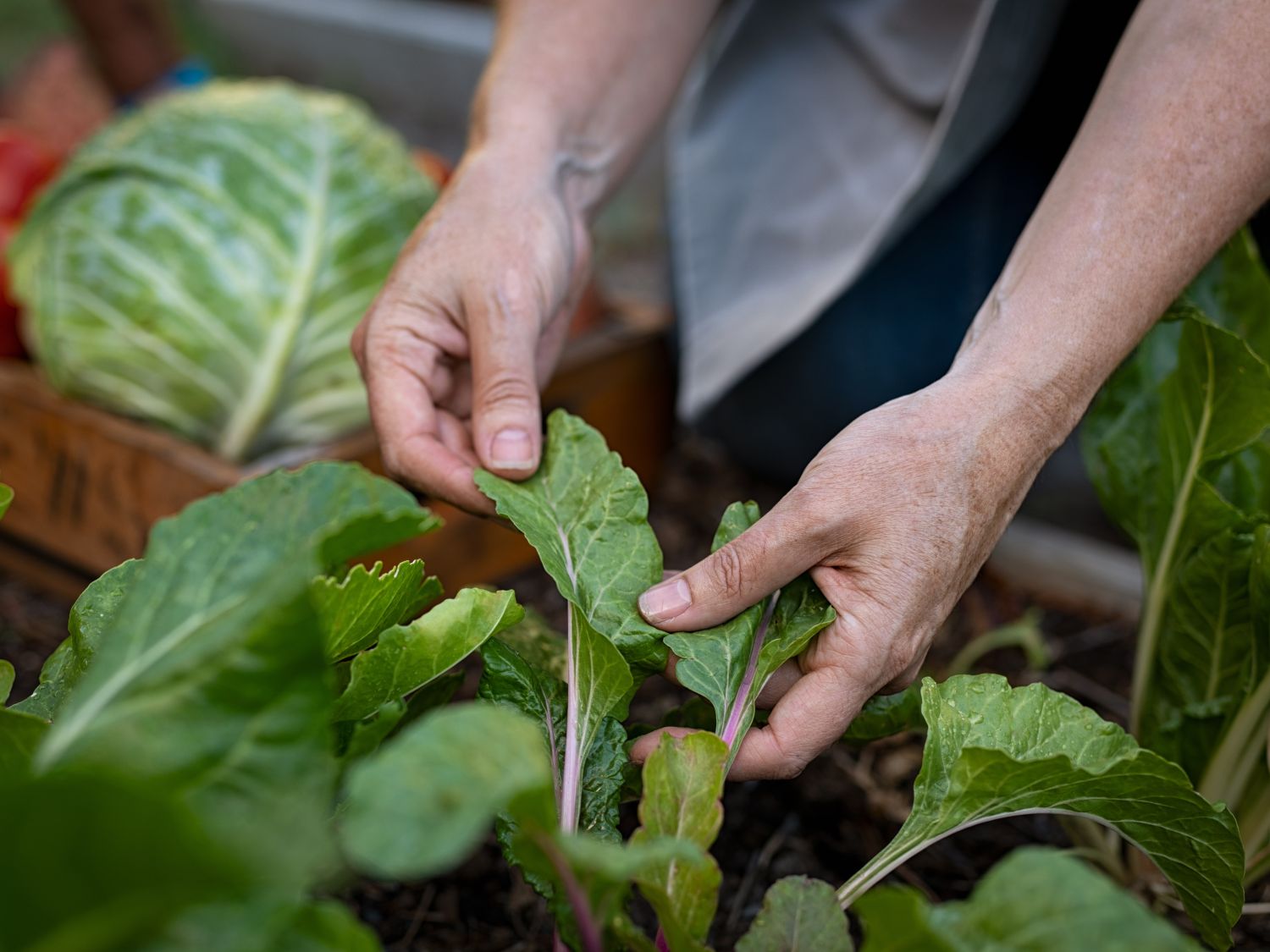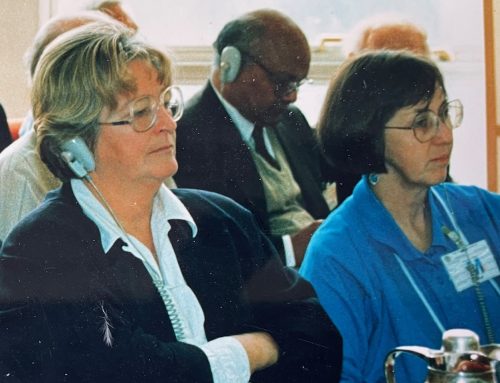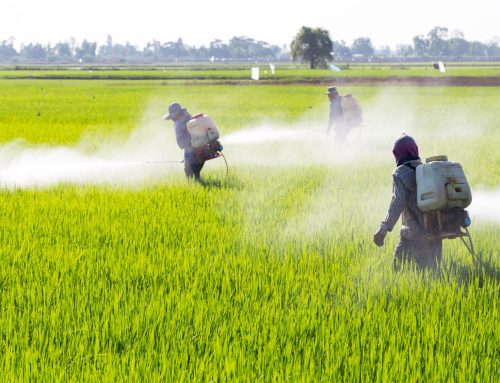PAN UK is delighted with this week’s reset deal which commits the UK to following EU existing and future pesticide standards. While far from perfect, the EU’s pesticide standards are the strongest in the world in terms of protecting human health and the environment, and the UK played a seminal role in their creation as a Member State.
However, since EU exit, Great Britain’s pesticide standards have dropped, increasingly moving away from their EU equivalents. Hundreds of safety limits for the amount of pesticides allowed in food have been weakened and dozens of harmful pesticides have received automatic license extensions. This has threatened to lead to UK food containing higher levels of more toxic chemicals. Harmful substances banned by the EU have remained in use in Great Britain, posing a risk to the health of both humans and wildlife.
This divergence away from EU standards has also proven to be hugely problematic for both British farmers exporting to the EU and importers such as UK supermarkets. By ensuring that EU and UK pesticide standards align, border checks on food consignments which have wreaked havoc on supply chains can be reduced.

Credit: Ground Picture / Shutterstock.com
While the reset deal does leave the option for exceptions to alignment, it is very clear that UK pesticide standards cannot “lead to lower standards” than those of the EU. However, the deal does allow the UK government to go further than the EU by introducing stronger protections for human health and the environment. It also enables the UK to contribute to EU decision-making processes on pesticides.
Josie Cohen from PAN UK said, “The agreement to align with EU pesticide standards is a massive win for human health, nature and British farmers. After all, no one voted for Brexit because they wanted higher levels of chemicals in their food or more toxic pesticides to be used on farms and streets.
The reset deal draws a line under the past five years during which the UK government has been quietly weakening our national pesticide standards. We urge the government to rectify this immediately by aligning safety limits for pesticides in food with their EU equivalents. They must also ensure that the unprecedented number of pesticides that have received automatic license approvals are now put through the proper legal process to assess the risk they pose to both health and environment.”
For more information, see:





